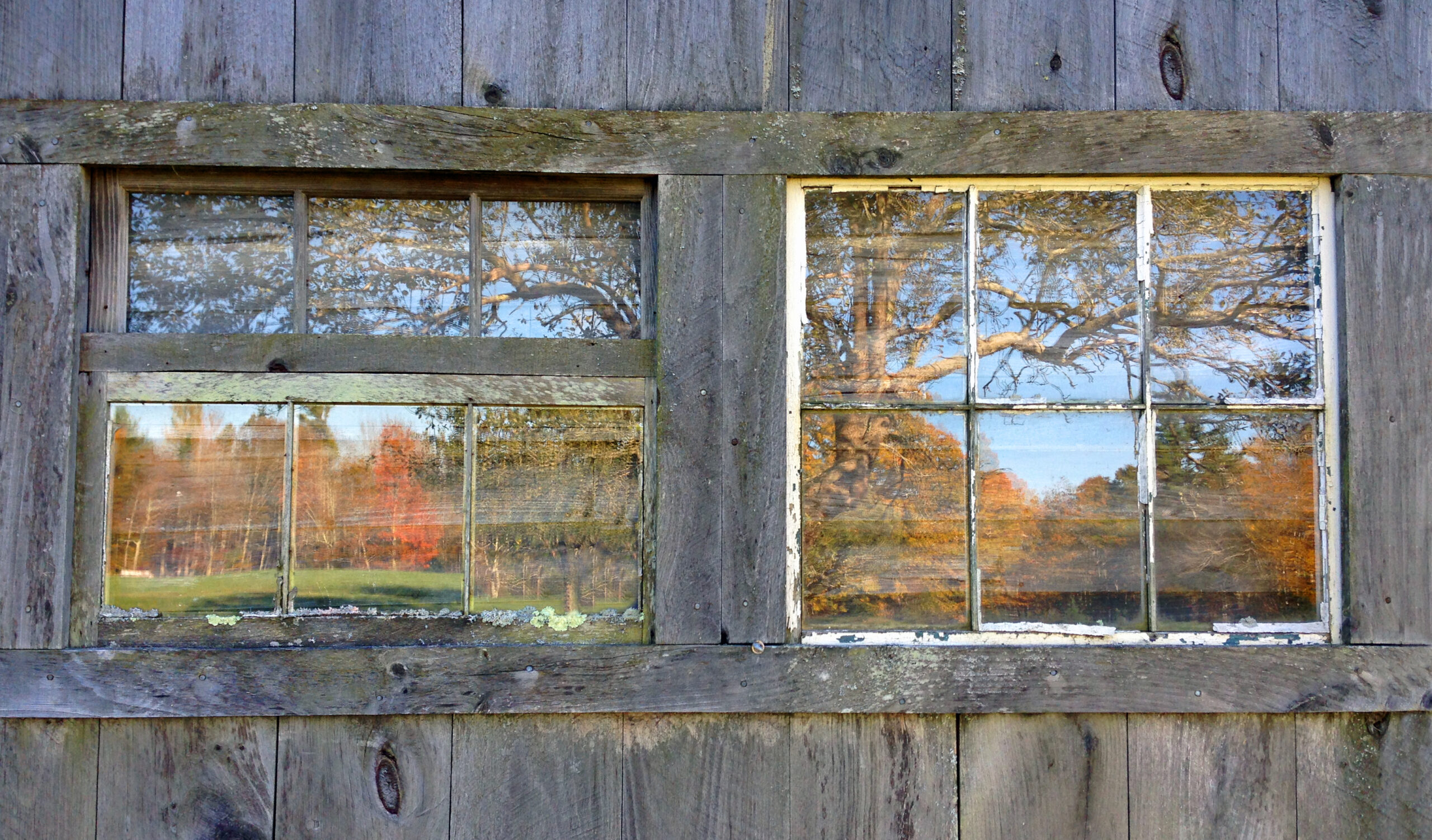
As we turn specifically to the challenges facing the United States citizens in their formulation and enactment of policies regarding COVID-19 we find a major debate regarding not only immediate preventative interventions and long-term acceptance of nerd immunity, but also, on the interventionist side, between pharmacological and nonpharmacological inventions (NPI) that favor the formulation of socio economic (NPI) Policy. Christakis (2020, p. 88-89) summarizes it this way:
In addition to pharmaceutical interventions, we have a second way to respond: nonpharmaceutical interventions, or NPls. NPis come in two broad categories: individual and collective. At the individual level, this includes efforts like washing hands, wearing masks, self-isolating, and forswearing handshaking. By definition, these actions involve a certain level of personal choice, and although in extreme cases people have been punished for flouting rules . . . individuals often have some control over how much mitigation they are willing to adopt to keep illness at bay.
The key word here is “choice.” With the pure form of herd immunity there is no need to make any choices. We simply let “nature” take its course (a negative feedback loop to buffer the positive, accelerating loop) and find a level of stability (“truce”) with the virus. We call this an external locus of control, wherein the primary agencies of choice are to be found outside our own domain (in this case, choice is being made by “nature”). If either the pharmacological or NPI interventions are preferred, then choices much be made by each individual person or the collective (if conformity is mandated). Christakis (2020, p. 89) reflects on the implications of taking collective action:
Collective actions . . . are usually coordinated (and mandated) by governments. While they may not be to everyone’s liking, they involve and affect everyone. These actions include closing borders, shutting schools, banning large gatherings, disinfecting public spaces, instituting testing and contact tracing and quarantines, providing public education, and issuing stay-at-home orders. Because those kinds of NPis often impose burdens on citizens who remain (or at least appear) uninfected, these efforts can provoke resentment and even resistance.
Once again, there are a couple of key words in what Christakis has written. These words are “resentment” and “resistance.” Given that the United States tends to be quite individualistic, then it is highly likely that choice will reside with each individual citizen. There will be major pushback against any mandated actions. There is a demand for internal locus of control and resistance to any externalization of control in an individualistic society such as we find in the United States. We Americans must be masters of our own fate and rulers of our own silo.
Specifically, we must be the agent who chooses whether or not to embrace and enact preventative measures. Internal locus of control requires a clear sense of personal values and priorities—which is quite demanding of the human psyche. It might very well be that part of the angst experienced by Americans in confronting the virus comes from the demand that they make difficult choices based on their own priorities (or those of these family) and their own personal value regarding a sense of responsibility for the welfare of other citizens (and even members of their own family).








